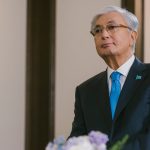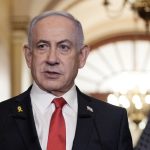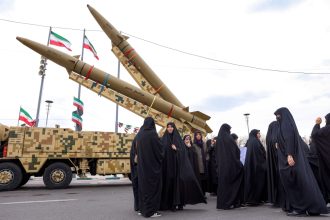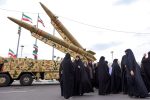Tensions between Iran and Israel have flared once again as the United States and Israel accused Tehran of orchestrating an assassination plot targeting the Israeli ambassador to Mexico, Einat Kranz-Neiger. The alleged attempt, reportedly foiled by Mexican authorities, was quickly dismissed by Iran as a “big lie,” while Mexico itself stated it had received no official information on the incident.
According to Israel’s foreign ministry, Mexican law enforcement intervened to stop a “terrorist network directed by Iran.” However, Mexico’s Secretariat of Security and Citizen Protection emphasized that while it remains open to international cooperation, any such engagement must respect its national sovereignty.
Iran’s embassy in Mexico categorically denied the accusation, describing it as an attempt to “damage the friendly and historic relations” between Iran and Mexico. In a post on X (formerly Twitter), the embassy reaffirmed Tehran’s commitment to maintaining diplomatic ties based on mutual respect.
Mexico has historically maintained a non-interventionist foreign policy and continues to balance its stance amid the ongoing Gaza conflict. While it has called for investigations into alleged Israeli war crimes, it has also preserved long-standing diplomatic relations with Israel.
A U.S. official claimed that Iran’s elite Quds Force initiated the assassination plan in late 2024, allegedly involving operatives connected to Iran’s embassy in Venezuela — a country with strong ties to Tehran under President Nicolás Maduro. The official provided no detailed evidence but suggested this was part of Iran’s global pattern of targeting diplomats, journalists, and dissidents.
This alleged plot follows a chain of escalating hostilities: from Israel’s April 2024 strike on Iran’s embassy in Damascus — killing top Revolutionary Guard officers — to Iran’s retaliatory drone and missile attacks, and the subsequent large-scale Israeli bombardment inside Iran that reportedly claimed over 1,000 lives.
The broader regional conflict has spread far beyond Gaza, involving direct and indirect military actions across Iran, Syria, Lebanon, Qatar, and Yemen. Despite the political hostility, Iran still hosts an ancient Jewish community — a reminder of its complex historical and cultural tapestry, even amid the enduring tensions.
As global powers trade accusations and regional alliances harden, this latest development adds another layer to the already volatile Middle Eastern landscape — one where truth, politics, and perception often blur.








